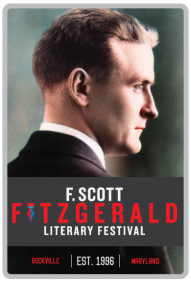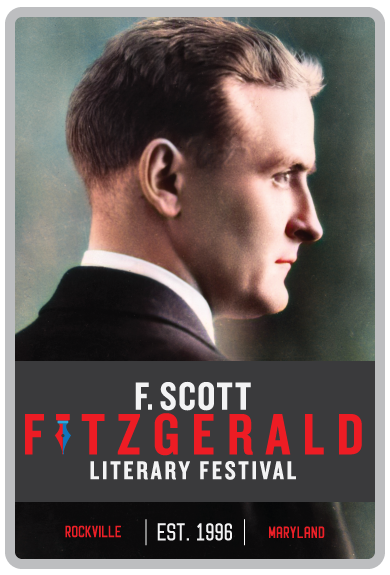

- 1996: William Styron
- 1997: John Barth
- 1998: Joyce Carol Oates
- 1999: E. L. Doctorow
- 2000: Norman Mailer
- 2001: Ernest J. Gaines
- 2002: John Updike
- 2003: Edward Albee
- 2004: Grace Paley
- 2005: Pat Conroy
- 2006: Jane Smiley
- 2007: William Kennedy
- 2008: Elmore Leonard
- 2009: Julia Alvarez
- 2010: Alice McDermott
- 2011: Maxine Hong Kingston
- 2013: Robert Olen Butler
- 2014: James Salter
- 2015: Richard Ford
- 2016: Garrison Keillor
- 2017: Annie Proulx
- 2018: Richard Russo
- 2019: Amy Tan
- 2020: Barbara Kingsolver
- 2021: John Edgar Wideman
- 2022: Richard Powers
- 2023: Jonathan Franzen
- 2024 Jesmyn Ward
Fitzgerald Award honorees have received over 17 Pulitzer Prizes.
In accordance with our purpose, the twenty-eight annual Fitzgerald Festivals held to date have regularly included writing workshops, keynote speakers, panel discussions, films, short story contests, and, as its centerpiece, the presentation of the F. Scott Fitzgerald Award for Achievement in American Literature.
- Jim Lehrer
- Alice McDermott
- Kate Lehrer
- Susan Richards Shreve
- Ron Charles
- Azar Nafisi,
- Alan Cheuse
- Patricia Browning Griffith
- Olga Grushin
- Merle Collins
- George Pelacanos
- H. G. Carrillo
- Richard Peabody
- Mark Childress
- Michael Dirda
- Francisco Goldman
- Henry Allen
- E. Ethelbert Miller
- Alexandra Zapruder
- Kim Stanley Robinson
- Caroline Bock
- Tara Campbell
- Eugenia Kim
- James Grady
- Richard Morris
- Sylvia Morris
- Jonathan Yardley
- Marie Arana
- Evan Thomas
- Susan Cheever
- Murray Horwitz
- Bob Mondello
- Mary Kay Zuravleff
- Gary Krist
- Jay Parini
- Laura Lipman
- Maureen Corrigan
- Tope Folarin
- Stewart O’Nan
- Clint Smith
- Margaret Talbot
- Alexandra Petri
- Tom Toles
- Susan Coll
- Paul Goldberg
- Calvin Trillin
- Jennifer Finney Boylan
- Kirk Curnutt
- A. Scott Berg
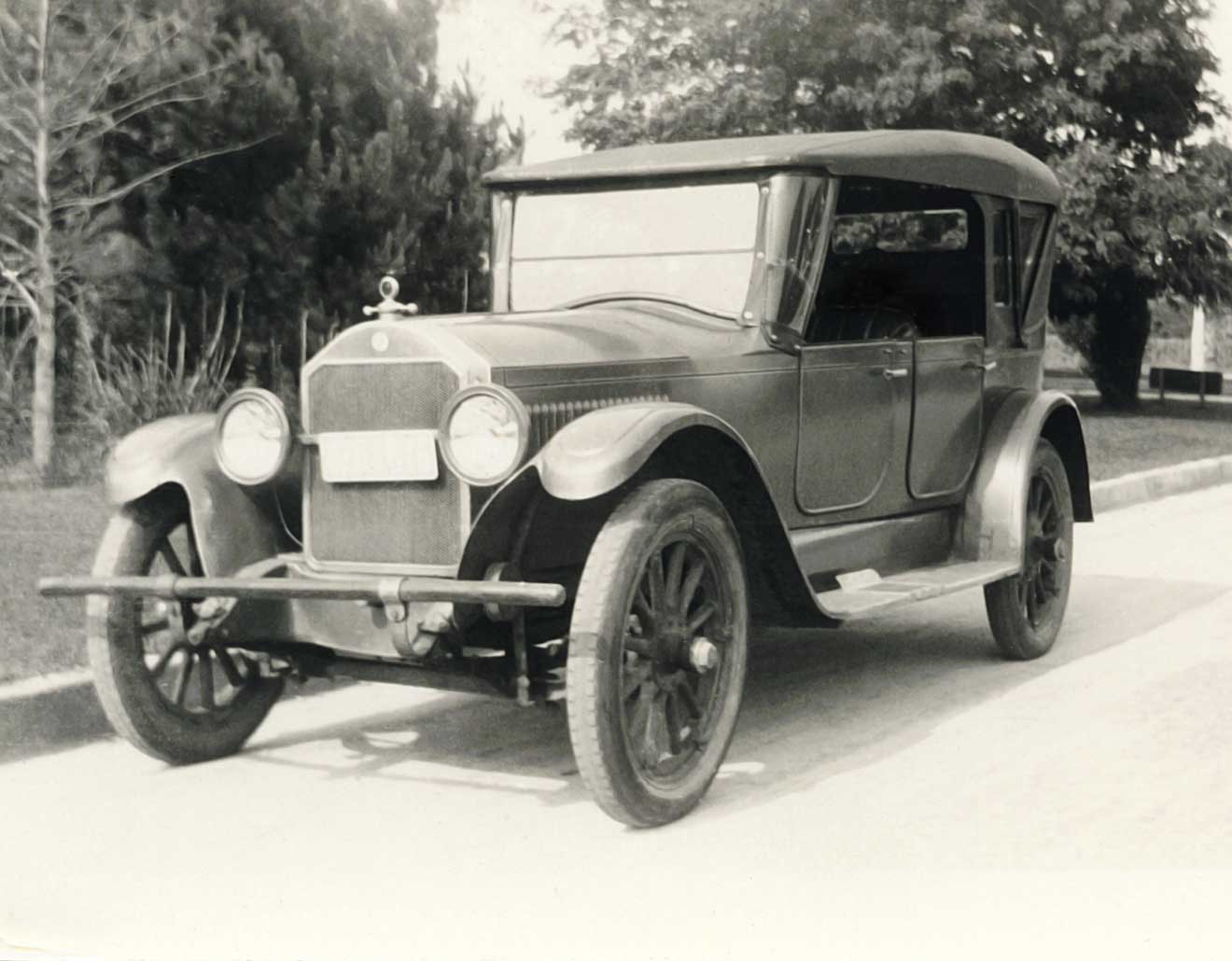
The Fitzgerald scholars who have participated include James L. W. West, Scott Donaldson, Alan Margolies, Jackson R. Bryer, David S. Brown, Anne Margaret Daniel, Kirk Curnutt, William Blazek, David W. Ullrich, Martina Mastandrea, David Page, and Ruth Prigozy— the leading Fitzgerald scholars in the world.
In 2012, the Literary Conference, reimagined as a Fitzgerald Birthday Celebration, was held at Rockville Town Center. It featured a reading by Alice McDermott, a seminar on “What Makes The Great Gatsby Great,” and the showing of two films based on Fitzgerald short stories. Due to Covid-19, the events of the 2020 and 2021 Festival were held virtually. The Festival resumed as an in-person event in 2022.
Francis Scott Key Fitzgerald was born on September 24, 1896, in St. Paul, Minnesota. His mother, Mollie McQuillan, was the daughter of a prosperous wholesale grocer in St. Paul. While his mother’s family had the money, he carried his genteel Maryland pedigree in his name. His Maryland connections were his father’s. Edward Fitzgerald was from a well-established Montgomery County family. Young Fitzgerald regularly visited his father’s relatives at Locust Grove, their farm in Montgomery County, returning home to Minnesota fascinated by his family and Civil War stories.
The author’s life-long connection to Rockville was maintained through correspondence, family ties and visits and, ultimately, his final resting place. The 6-year-old was a “ribbon holder” at his cousin Cecilia Delihant’s wedding at Randolph Station, south of Rockville, on April 24, 1903.
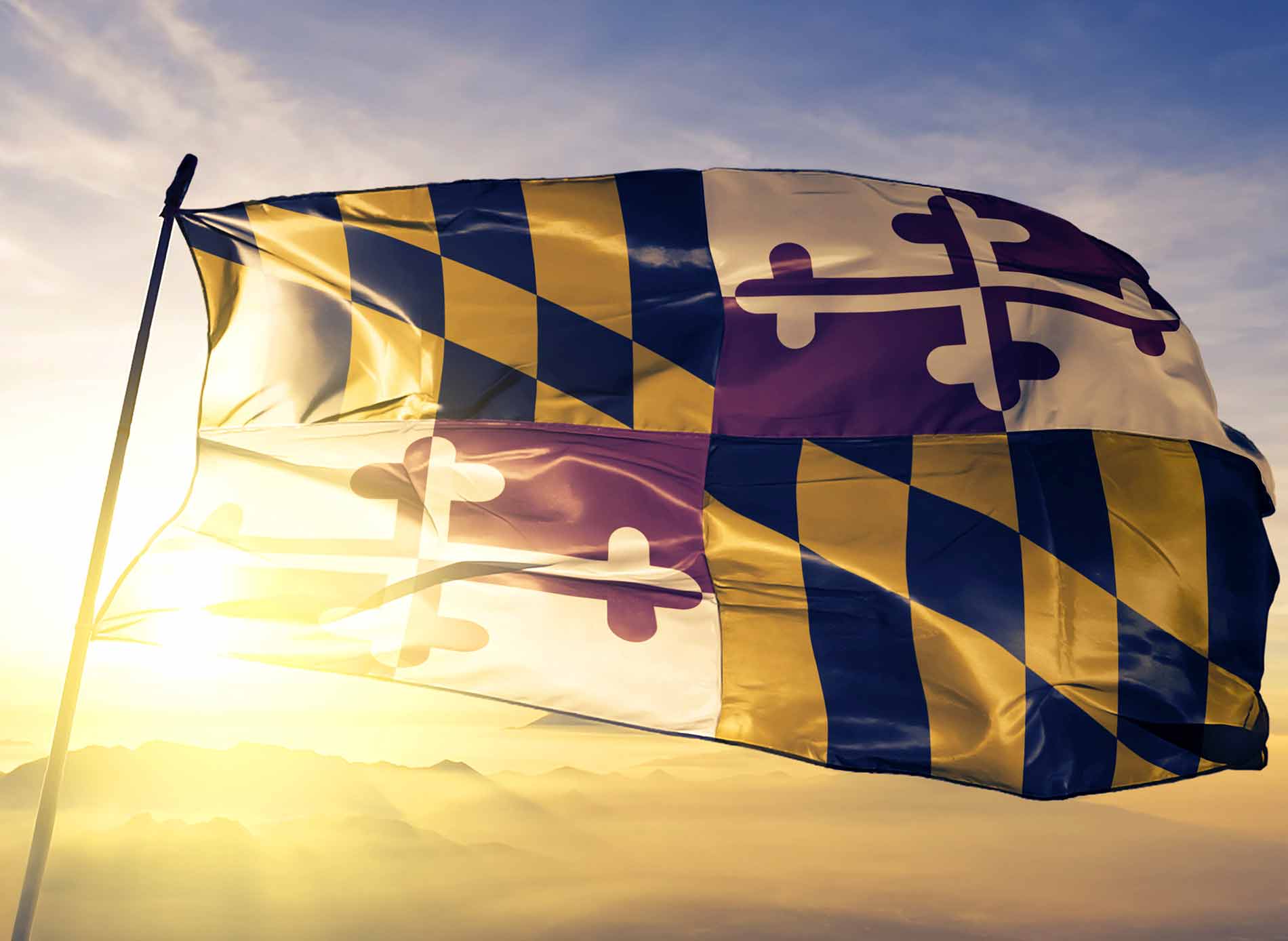
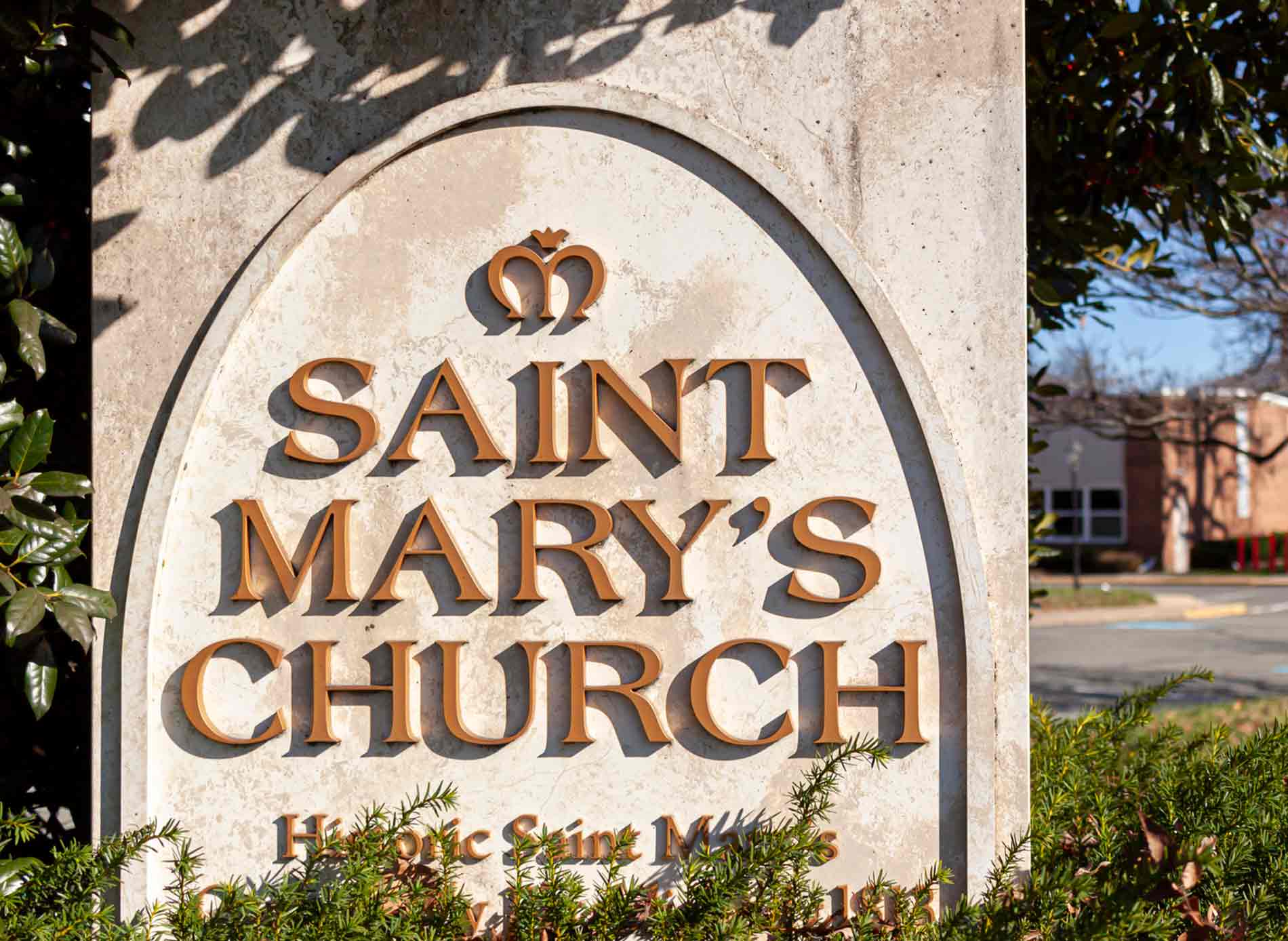
When Zelda died in 1948, she was buried with him beneath a common headstone. In 1975, they were reinterred at Saint Mary’s Church cemetery on Veirs Mill Road. In 1986, their daughter Scottie was buried in the family plot. Today, 15 members of the family—Fitzgeralds, Delihants, Scotts and Robertsons—are interred at historic Saint Mary’s Church.
When Fitzgerald died, he believed himself a failure. He had written five novels—This Side of Paradise (1920); The Beautiful and Damned (1922); The Great Gatsby (1925); Tender Is the Night (1934); and The Last Tycoon (1941) left incomplete at his death). While he worked as a contract screenwriter in Hollywood, he had only one credited screenplay, Three Comrades. Fitzgerald churned out short stories to pay the bills—first to support an expensive lifestyle and later to provide for Zelda’s medical treatments and Scottie’s education. Of more than 150 short stories, 46 were published in four collections. He was an early success—his writing captured an era. At the time of his death, there was little market for his writing, perhaps because during the Great Depression, the glamour and wealth of his characters seemed less relevant during the Great Depression.
The Great Gatsby, a tale that chronicles the corruption of the American Dream, is not only a staple of American literature English classes but also, in two recent surveys, has been rated one of the best twentieth-century English-language novels. Each year on his birthday, visitors find their way to Fitzgerald’s gravesite at Saint Mary’s Church cemetery. They leave flowers, packs of cigarettes, martini glasses, and gin bottles in silent homage to F. Scott Fitzgerald, the romantic legend and chronicler of the Jazz Age.

Patrick Fromm
Patrick Fromm (Montgomery County Public Libraries (MCPL) is the Interim Assistant Director of Programming and Outreach for Montgomery County Public Libraries. He has worked in public libraries since the age of 15, and he loves supporting this vital, democratic cornerstone of the community through his work. He graduated from University of Maryland, Baltimore County with a major in English literature and a minor in creative writing. His Master’s of Library and Information
Nancy Pickard is a historic preservation and community planning professional. In her current position as Executive Director at Peerless Rockville, Historic Preservation, Ltd., she works with concerned citizens, volunteers, property owners and local government agencies to identify, protect and safeguard the City’s heritage. Nancy holds Master’s Degrees in Community Planning and Historic Preservation from the University of Maryland, and a Bachelor’s Degree from Penn State.
Dr. Laura Kuhlmann (Committee Member)
Dr. Laura Kuhlmann is a cancer biologist (PhD Heidelberg University) with fourteen years experience in basic research. In 2021 she transitioned to a medical writing career and is now working with the National Cancer Institute (NIH) in managing and reporting early-stage clinical trials. She is also a part-time fiction writer focused on promoting emerging writers and assisting their independent publication efforts. A native of Romania, she is fluent in four languages. She currently calls Rockville her home.
Sally Huggins Toner (Committee member)
Sally Huggins Toner, a wife, mother, writer, and teacher of high school English for over twenty years with a particular interest in fiction, poetry, and educational advocacy, has published work in Gargoyle Magazine, The Great Gatsby Anthology, The Delmarva Review and other online and print collections. Has also conducted educational workshops for the state of Virginia focusing on multiple intelligences and formative assessment in the secondary classroom. Likes to foster creativity in young people (and the public at large) while developing and sharing her own creative work.

